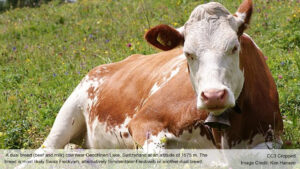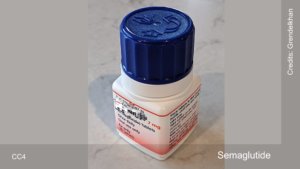Experiencing the loss of a loved one can accelerate biological aging, according to a recent study. Researchers from Columbia University and University of North Carolina discovered a link between grief and a faster biological aging process. The study focused on the effects of losing close family members such as parents, children, or siblings.
- A recent study published in JAMA Network Open links the experience of losing a close family member to accelerated biological aging, as measured through DNA markers known as epigenetic clocks.
- Researchers found that individuals who had endured one or more significant losses showed a higher biological age than those who hadn’t, with the impact increasing with multiple losses.
- Stress associated with grief can contribute to aging at the cellular level, potentially leading to mental health challenges, cognitive decline, and heightened disease risk.
- These findings underscore the importance of effective coping strategies and social support to manage the long-term health effects of grief.
The study, published in JAMA Network Open, used data from the National Longitudinal Study of Adolescent to Adult Health. Researchers tracked 20,745 participants from adolescence into adulthood, recording instances of family loss. They found that nearly 40% of participants experienced at least one significant loss by adulthood.
Biological age, defined as the cellular age of the body, can differ from chronological age. The study used DNA markers, or epigenetic clocks, to determine biological age. Results showed that individuals who experienced loss had an older biological age compared to those who did not. The effect was more pronounced with multiple losses.
Dr. Allison E. Aiello, the study’s lead author, explained that the physiological impact of loss can emerge over time. Stress, a major factor in accelerated aging, often accompanies such losses, leading to mental health issues, cognitive decline, and increased disease risk. The study highlights the need for effective coping strategies and support systems to mitigate these effects.
The findings suggest that losses later in life may have a greater impact on biological aging. Daniel Tawfik, a molecular biologist at Healthspan, noted that stress-related aging is complex and dynamic, opening possibilities for reversing these changes. More research is necessary to determine the permanence of these effects and potential interventions.







Be First to Comment